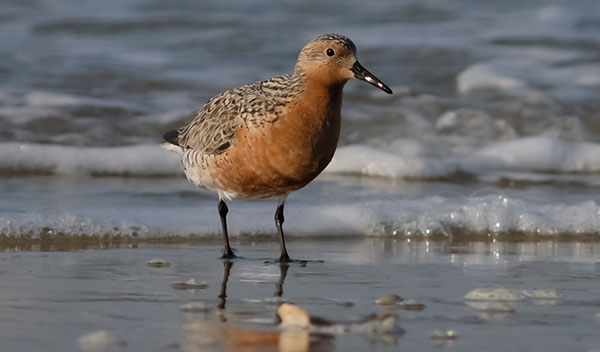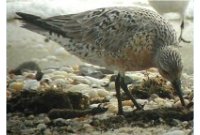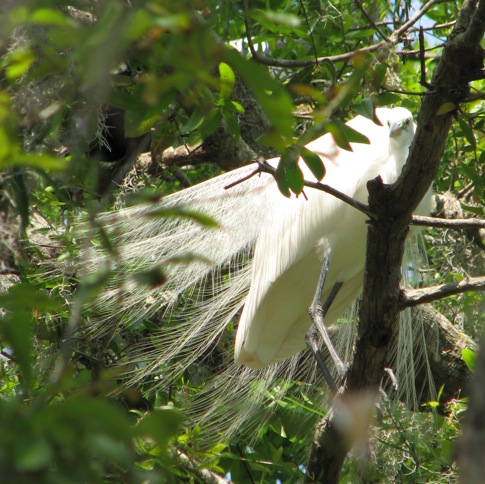


| ||||
WASHINGTON (AP) -- Climate change and a possible increase in El Niño events could seriously reduce the population of songbirds in North American forests, a study suggests.
Researchers at Dartmouth College and Tulane University analyzed the effect of natural climate cycles on the black-throated warbler and found that the migratory songbird did poorly in years when there was an El Niño cycle.
Dartmouth researcher T. Scott Sillett, first author of a study appearing Friday in the journal Science, said that El Niño climate cycles reduce the insect and caterpillar food supply for the warblers at both the bird's breeding grounds in New Hampshire and their winter home in Jamaica.
As a result, the small bird produces fewer young during the El Niño years. Conversely, during the La Niña years, the bird has more to eat and has better success in raising young, the researchers found.
El Niño refers to a warming of the usually chilled waters of the Pacific Ocean off the western coast of South America. The effect extends westward and causes a worldwide change in temperature and rainfall patterns.
La Niña has the opposite thermal effect, with some Pacific Currents becoming colder than normal. This, too, affects worldwide weather.
Sillett said there is concern that global warming, a general trend toward warmer temperatures worldwide, will increase the frequency of El Niño climate cycles. This could be very bad news, he said, for the warbler and other such small forest songbirds.
"If the El Niño cycle becomes stronger, it could increase the chances of having years when warbler survival and reproduction rates reach extreme lows, perhaps even approaching zero," said Sillett in a statement. He said strong El Niño cycles could "elevate the risk of extinction" for such birds.
Bernt-Erik Saether of the Norwegian University for Science and Technology wrote in Science that a "frightening consequence" of Sillett's study is that it shows "how difficult it will be to reliably predict the effects of large scale regional climate change on ecological systems."
Copyright 2000 The Associated Press. All rights reserved. This material may not be published, broadcast, rewritten, or redistributed.

Coral provides clues to climate change
February 7, 2000
El Niño-like phenomenon means dry years ahead in U.S.
January 19, 2000
Galapagos iguanas shrink to survive El Niño
January 7, 2000
La Niña intensifies threat of hurricane season
September 10, 1999
External sites are not endorsed by CNN Interactive.